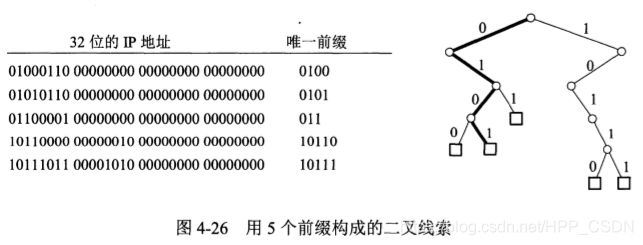Description
A parentheses string is a non-empty string consisting only of ‘(’ and ‘)’. It is valid if any of the following conditions is true:
- It is ().
- It can be written as AB (A concatenated with B), where A and B are valid parentheses strings.
- It can be written as (A), where A is a valid parentheses string.
You are given a parentheses string s and a string locked, both of length n. locked is a binary string consisting only of '0’s and '1’s. For each index i of locked,
- If locked[i] is ‘1’, you cannot change s[i].
- But if locked[i] is ‘0’, you can change s[i] to either ‘(’ or ‘)’.
Return true if you can make s a valid parentheses string. Otherwise, return false.
Example 1:

Input: s = "))()))", locked = "010100"
Output: true
Explanation: locked[1] == '1' and locked[3] == '1', so we cannot change s[1] or s[3].
We change s[0] and s[4] to '(' while leaving s[2] and s[5] unchanged to make s valid.
Example 2:
Input: s = "()()", locked = "0000"
Output: true
Explanation: We do not need to make any changes because s is already valid.
Example 3:
Input: s = ")", locked = "0"
Output: false
Explanation: locked permits us to change s[0].
Changing s[0] to either '(' or ')' will not make s valid.
Constraints:
n == s.length == locked.length
1 <= n <= 10^5
s[i] is either '(' or ')'.
locked[i] is either '0' or '1'.
Solution
Greedy, similar to 678. Valid Parenthesis String. When iterating from left to right, if there’s ), we would prefer to use ( first, if we don’t have enough (, start using unlocked indexes. After iteration, the remaining ( should be paired with locked indexes. And in the end, the remaining unlocked indexes should be even length so they can pair themselves.
Use 2 stacks to store the ( and the unlocked indexes.
Time complexity: o ( n ) o(n) o(n)
Space complexity: o ( n ) o(n) o(n)
Code
class Solution:def canBeValid(self, s: str, locked: str) -> bool:open_p, unlocked_p = [], []for i in range(len(s)):if locked[i] == '0':unlocked_p.append(i)else:if s[i] == '(':open_p.append(i)else:if open_p:open_p.pop()elif unlocked_p:unlocked_p.pop()else:return Falsewhile open_p:cur_open_i = open_p.pop()if unlocked_p and unlocked_p[-1] > cur_open_i:unlocked_p.pop()else:return Falsereturn len(unlocked_p) & 1 == 0





